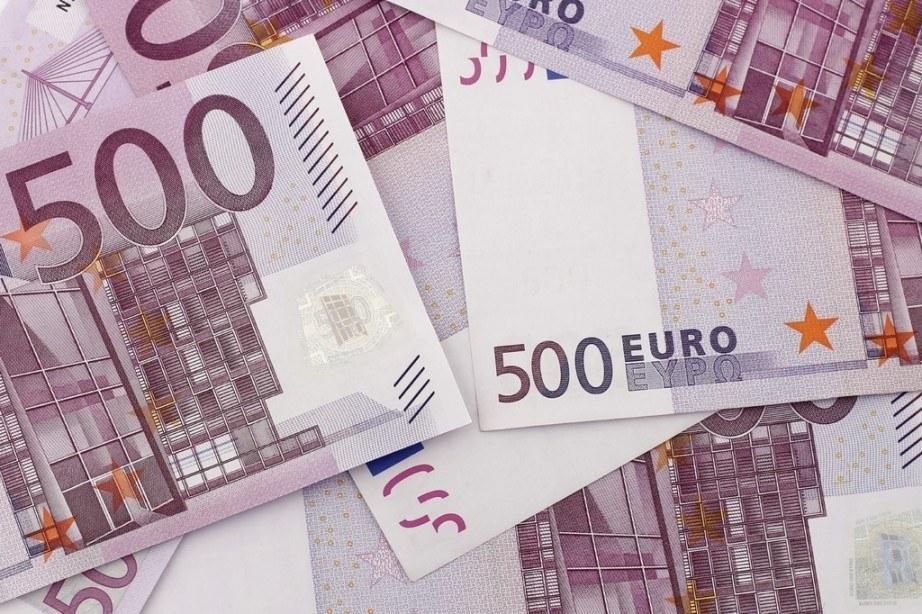U.S. gasoline futures hit a two-year high on Monday as Hurricane Harvey struck at the heart of the U.S. energy industry, while the euro rose to a 2-1/2-year peak after the European Central Bank President refrained from talking down the single currency, Reuters reported.
Gasoline futures soared as much as 6.8 percent at one point after the storm ripped through Texas, whose coastal refineries account for a quarter of U.S. crude oil refining capacity.
Though it has been downgraded to a Tropical Storm, Harvey was still lashing the region on Monday, with some areas expected to see a year’s worth of rainfall in the span of a week.
Harvey knocked out a quarter of oil production from the Gulf of Mexico, prompting fears it could overturn years of U.S. excess oil capacity and low prices, and affect energy markets worldwide for weeks.
“This is not like anything we have ever seen before,” said Bruce Jefferis, chief executive of Aon Energy, a risk consulting practice. It is too soon to gauge the full extent of Harvey’s damage to the region’s energy infrastructure, he said.
Brent futures, the global crude oil benchmark, rose 0.3 percent to $52.56 a barrel, adding to Friday’s 0.7 percent increase.
But U.S. crude futures pulled back 0.5 percent to $47.63, after Friday’s 0.9 percent gain.
Despite gains in energy shares in much of the region, Asia-Pacific stock indexes got off to a slightly weaker start as investors waited to see how much damage the storm had inflicted on the U.S. economy.
MSCI’s broadest index of Asia-Pacific shares outside Japan and Japan’s Nikkei both dipped 0.1 percent.
The euro surged after ECB President Mario Draghi, speaking at the U.S. Federal Reserve’s annual conference in Jackson Hole, Wyoming, failed to cite the common currency’s strength as a concern or discuss monetary policy specifically.
Instead, Draghi said the central bank’s ultra-easy monetary policy was working and the euro zone’s economic recovery had taken hold.
The euro rose to as high as $1.19665 early on Monday and was last up 0.1 percent at $1.1927, extending Friday’s 1 percent jump.
“The EUR bulls will feed off anything they can get that suggests a less accommodative stance going forward,” Chris Weston, chief market strategist at IG in Melbourne, wrote in a note.
The dollar fell 0.3 percent to 109.15 yen, adding to Friday’s 0.1 percent slide, after Federal Reserve Chair Janet Yellen, speaking at the same event as Draghi, also failed to address policy, focusing more on financial stability.
Yellen’s remarks disappointed some investors who had hoped for hints on the Fed’s plans for interest rates.
The dollar index against a basket of other major currency fell 0.3 percent.
The 10-year U.S. Treasury yield was at 2.1694 percent on Monday, from Thursday's 2.194, further undermining the dollar's yield appeal.
But lower bond yields gave Wall Street a slight boost, with the Dow and the S&P 500 both ending about 0.15 percent higher on Friday, although the Nasdaq closed about 0.1 percent lower.
Investors see a 40.7 percent chance of a rate hike by the Fed in December, down from 45.6 percent a month ago, according to the CME FedWatch tool.
Spot gold crept up 0.2 percent to $1,293.66 an ounce, extending Friday's 0.4 percent gain.






